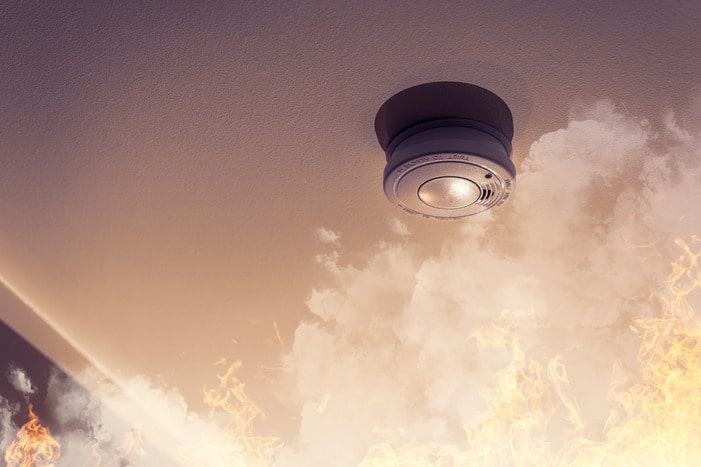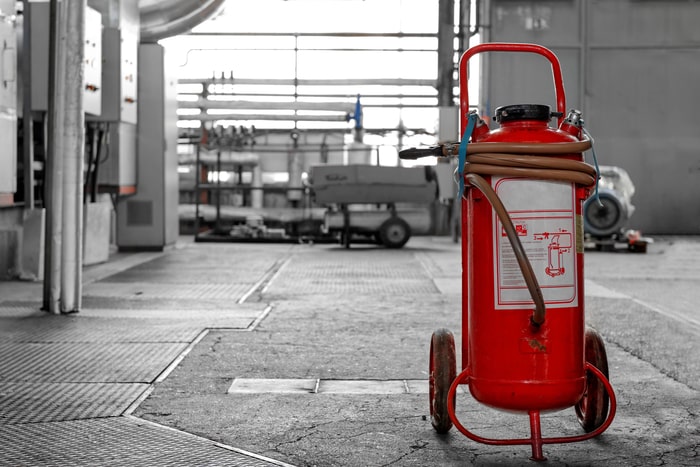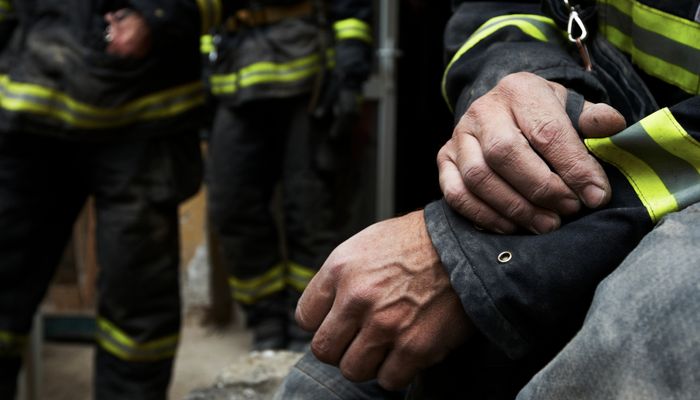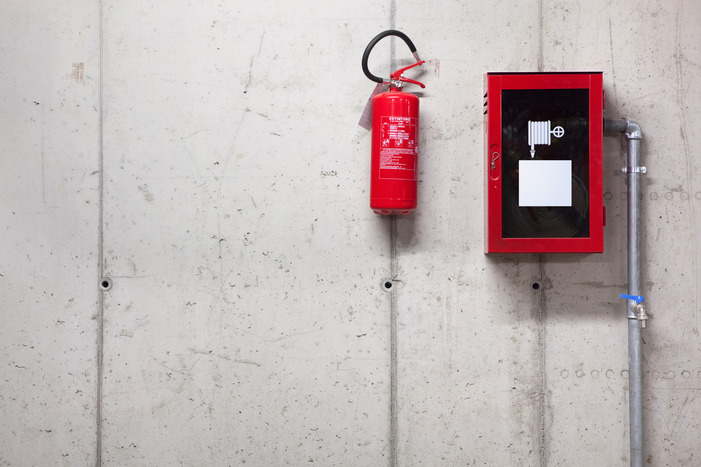Fire Watch Violations
Contents
- 1 Fire Watch Violations
- 1.1 7 Fire Watch Violations Costing 50k
- 1.1.1 1. Midtown Hotel, 14 Hour Gap, $68,400
- 1.1.2 2. Bronx Warehouse, Forged Paper Logs, $52,000
- 1.1.3 3. Lower East Side Condo, Wrong Certificate, $71,500
- 1.1.4 4. Brooklyn Mall, Late Impairment Notice, $58,700
- 1.1.5 5. Times Square Tower, Sleeping Guard, $91,200
- 1.1.6 6. Queens Distro Center, Insufficient Coverage, $55,800
- 1.1.7 7. Harlem Church, Early Exit, $49,900
- 1.1.8 Pattern to Note
- 1.1 7 Fire Watch Violations Costing 50k
7 Fire Watch Violations Costing 50k
New York City inspectors wrote more than two hundred fire watch citations last year. Seven of those fines sailed past the fifty thousand dollar mark. Each story started with a shrug and a “we thought we were covered” comment that came back to bite.
Below are the real case files, the dollar amounts, and the tiny oversights that cost fortunes. Read them once and you will never look at a clipboard the same way again.
1. Midtown Hotel, 14 Hour Gap, $68,400
A sprinkler contractor closed a sectional valve at 9 p.m. and told the night super, “We will be back by midnight.” Midnight turned into 11 a.m. No guard was posted after 1 a.m. because the super “got busy with check-ins.”
FDNY showed up for a random inspection at 3 a.m., found zero patrol logs and issued a violation for every hour the building was unprotected. The math was brutal, 14 hours times the maximum penalty. Management paid in full because the insurance carrier refused to appeal.
2. Bronx Warehouse, Forged Paper Logs, $52,000
The site manager pre filled an entire week’s worth of logs while drinking coffee on a Sunday. All timestamps were in the same blue ink, same handwriting, same spelling error.
When a small fire actually broke out on Wednesday night, investigators compared the log to security camera footage. No guard was seen on camera for three shifts. The forgery added a criminal referral on top of the civil fine.
3. Lower East Side Condo, Wrong Certificate, $71,500
The board hired a security company to save money. The guard on duty held an F-60 torch card, not an F-01 fire watch card. Inspectors noticed the mismatch during a routine alarm test.
The violation was classified as “unqualified personnel” and carried the highest penalty tier. The condo owners later sued the security vendor, but the board still had to pay the city first.
4. Brooklyn Mall, Late Impairment Notice, $58,700
A maintenance crew shut down the sprinkler riser at 8 a.m. but nobody filed Form 75 until 3 a.m. the next day. The 19 hour delay violated the one hour filing rule.
Compounding the error, the mall operated at full occupancy with no fire watch because management assumed the four hour clock had not started. The inspector disagreed and clocked every minute.
5. Times Square Tower, Sleeping Guard, $91,200
Security cameras showed the guard leaned against a wall from 1:12 a.m. until 4:05 a.m. During that time he missed two required patrols. The building engineer tried to argue the guard was “resting his eyes.”
The administrative law judge was not amused and tacked on an aggravated penalty for public safety risk in a high rise assembly zone.
6. Queens Distro Center, Insufficient Coverage, $55,800
One guard was assigned to cover 400,000 square feet of warehouse packed with cardboard and lithium batteries. The patrol interval stretched to 90 minutes between rounds.
NFPA 25 requires 30 minute maximum intervals. The inspector measured the walking distance on Google Maps and calculated that a proper patrol would need at least three guards. The fine was multiplied by the number of missed intervals.
7. Harlem Church, Early Exit, $49,900
Roofers finished torch down at 7:10 p.m. The guard left at 7:35 p.m. A small ember ignited at 7:52 p.m. and triggered the building alarm. The 30 minute post watch rule was clearly violated.
The church’s insurance denied the claim, citing “non-compliant fire watch” and the city piled on the fine. The pastor later joked that the roof repair cost less than the penalty.
Pattern to Note
Every fine above also triggered a Stop Work Order. Average delay cost was $110,000 in lost labor and reschedule fees. Digital logs, correct certificates and proper coverage would have prevented all seven cases.
Do not gamble. Contact us for a free site audit and we will map the exact guard count and cert type you need to stay off next year’s violation list.





